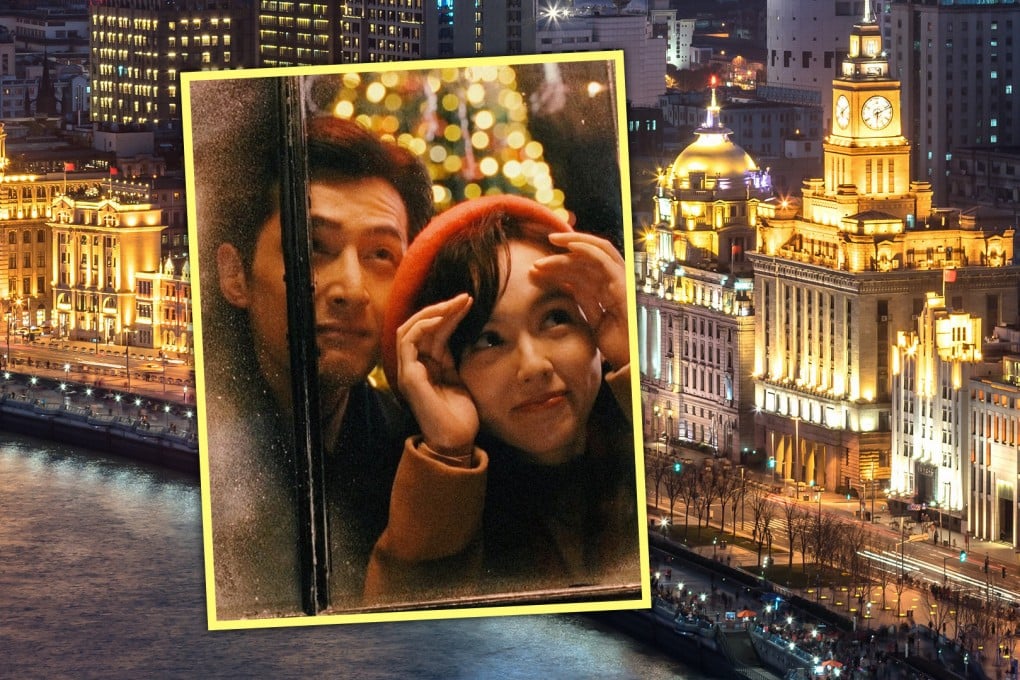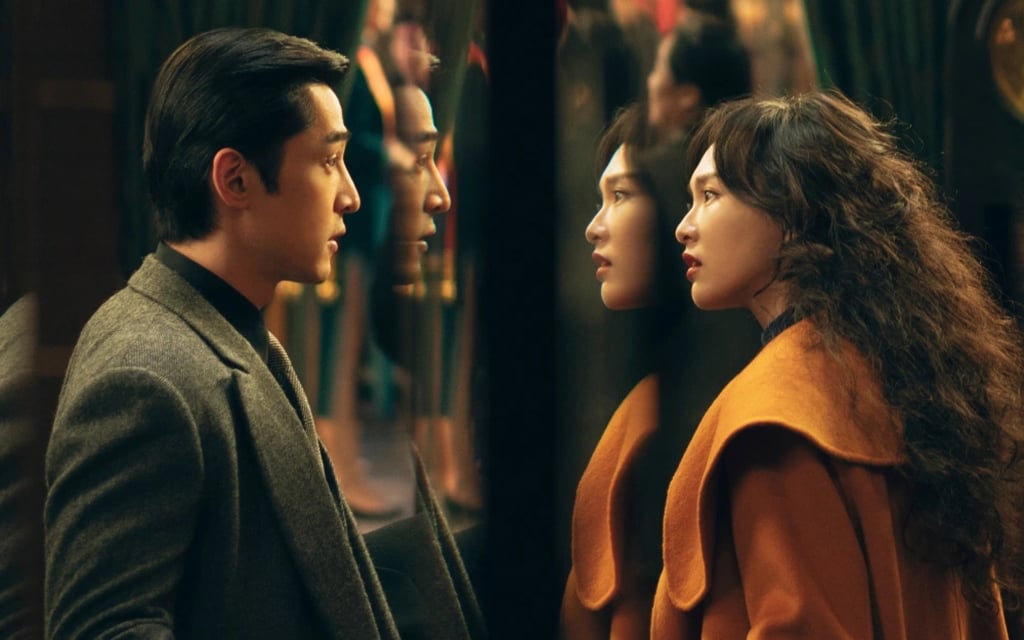Blockbuster China TV series Blossoms Shanghai reignites passion for mainland dialects while being likened to Harry Potter
- Hugely popular Wong Kar-wai hit sparks resurgence of Shanghainese
- Social media fans urge more TV dramas to use patois from across nation

The huge success of the hit television series Blossoms Shanghai has rekindled enthusiasm for the city’s dialect and sparked calls for the patois of other regions of China to be used in mainland TV dramas.
Directed by the internationally renowned Hong Kong director, Wong Kar-wai, the series tells the story of a self-made millionaire in 1990s Shanghai as China’s economy went into overdrive.
It was adapted from the award-winning novel of the same title by Shanghai author Jin Yucheng, and stars a group of nationally famous Shanghainese actors, including Hu Ge, Ma Yili, and Tiffany Tang Yan.
The scale of its popularity has led some people on mainland social media to joke that it was the Shanghai equivalent of the Harry Potter series, which had an all-British cast.

Indeed, it has led many fans to divide Shanghainese actors into two groups, those who appear in the series and those who do not.